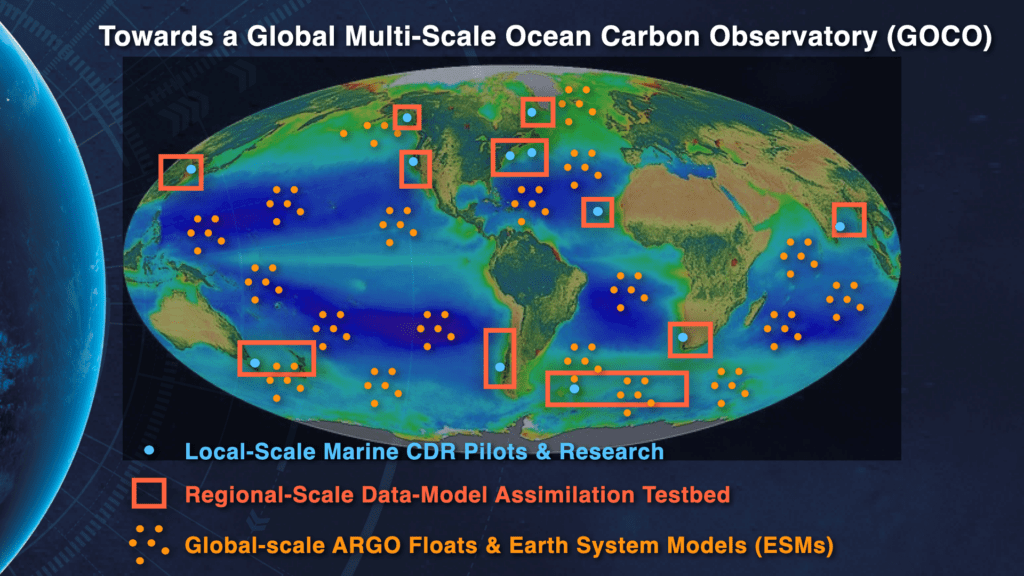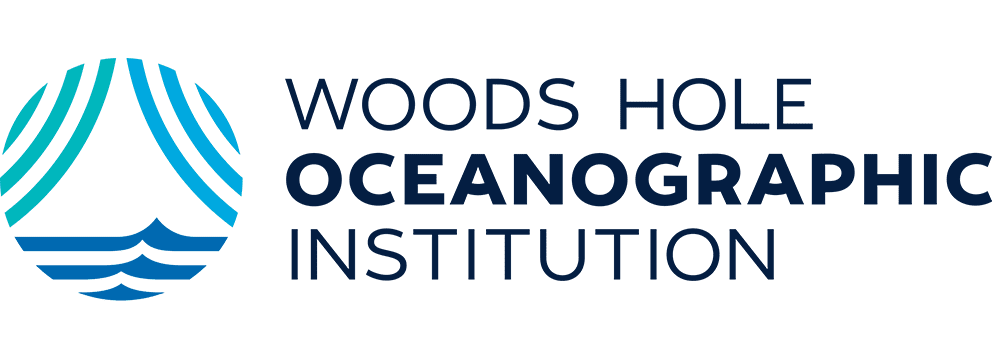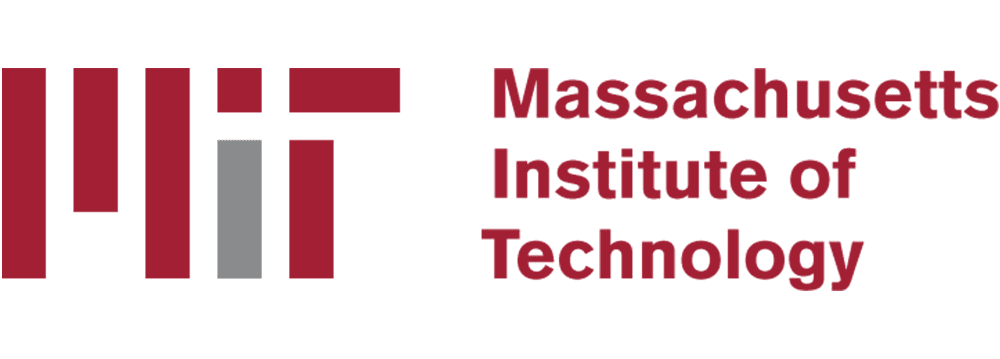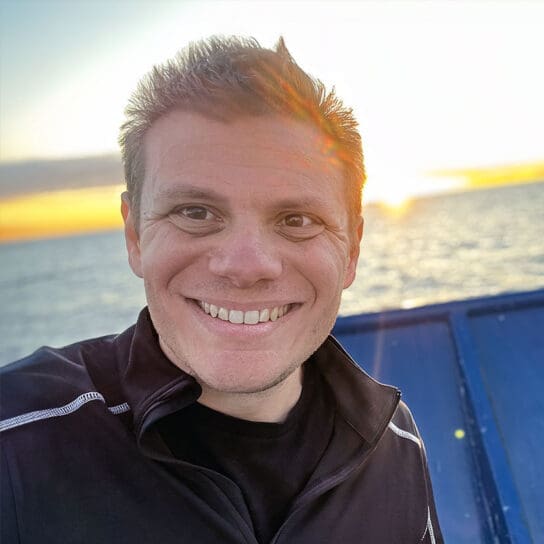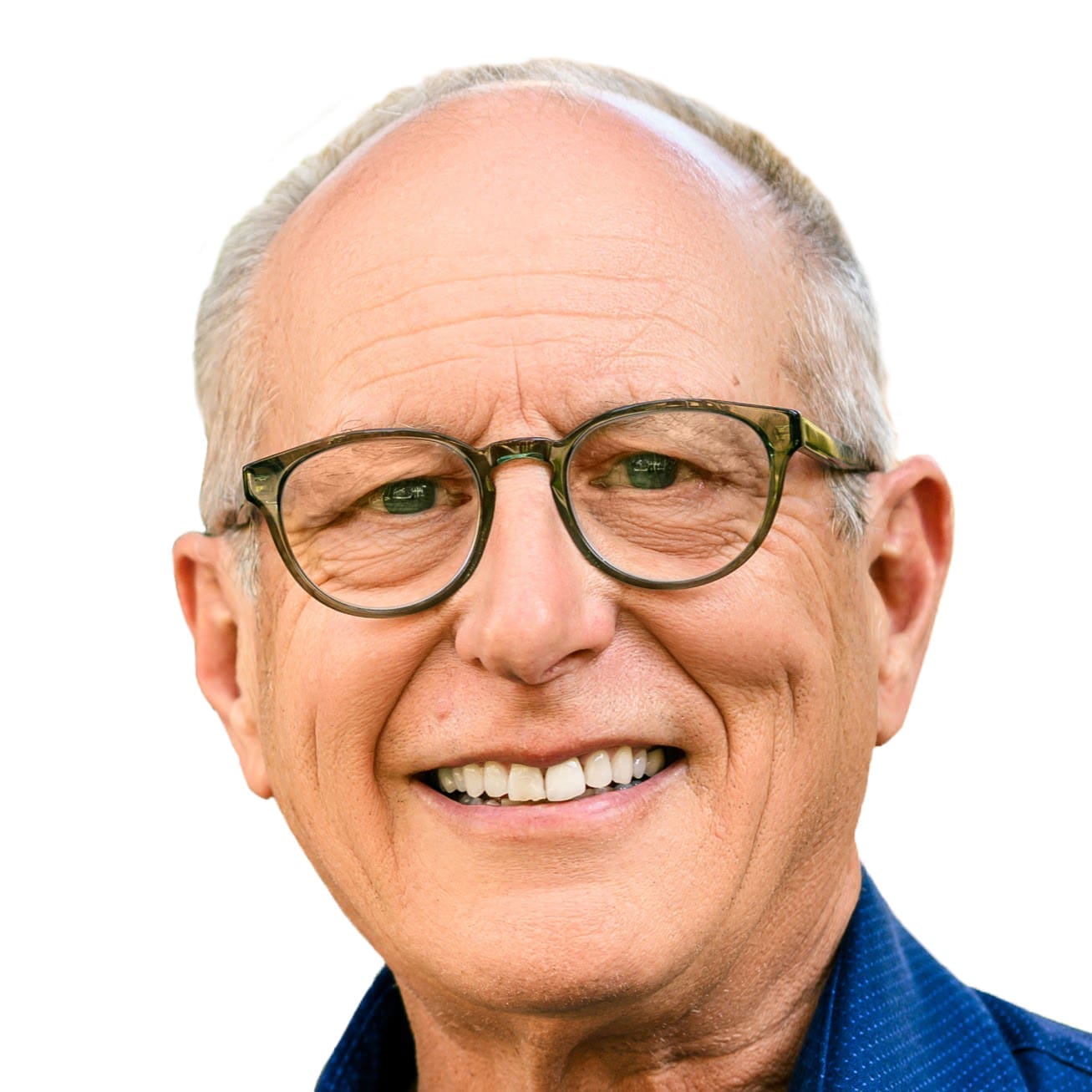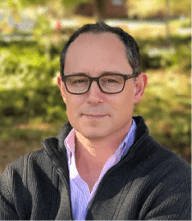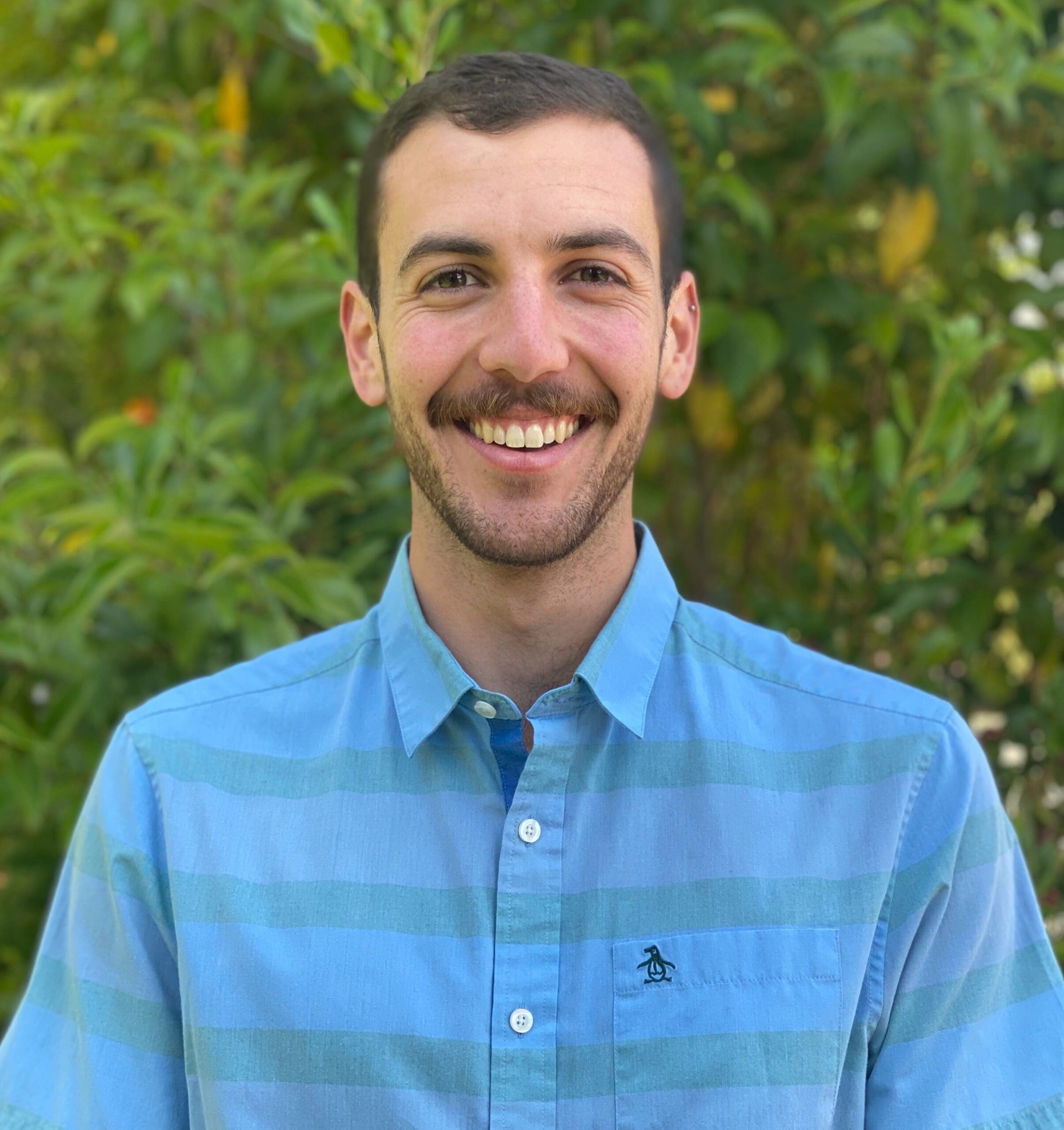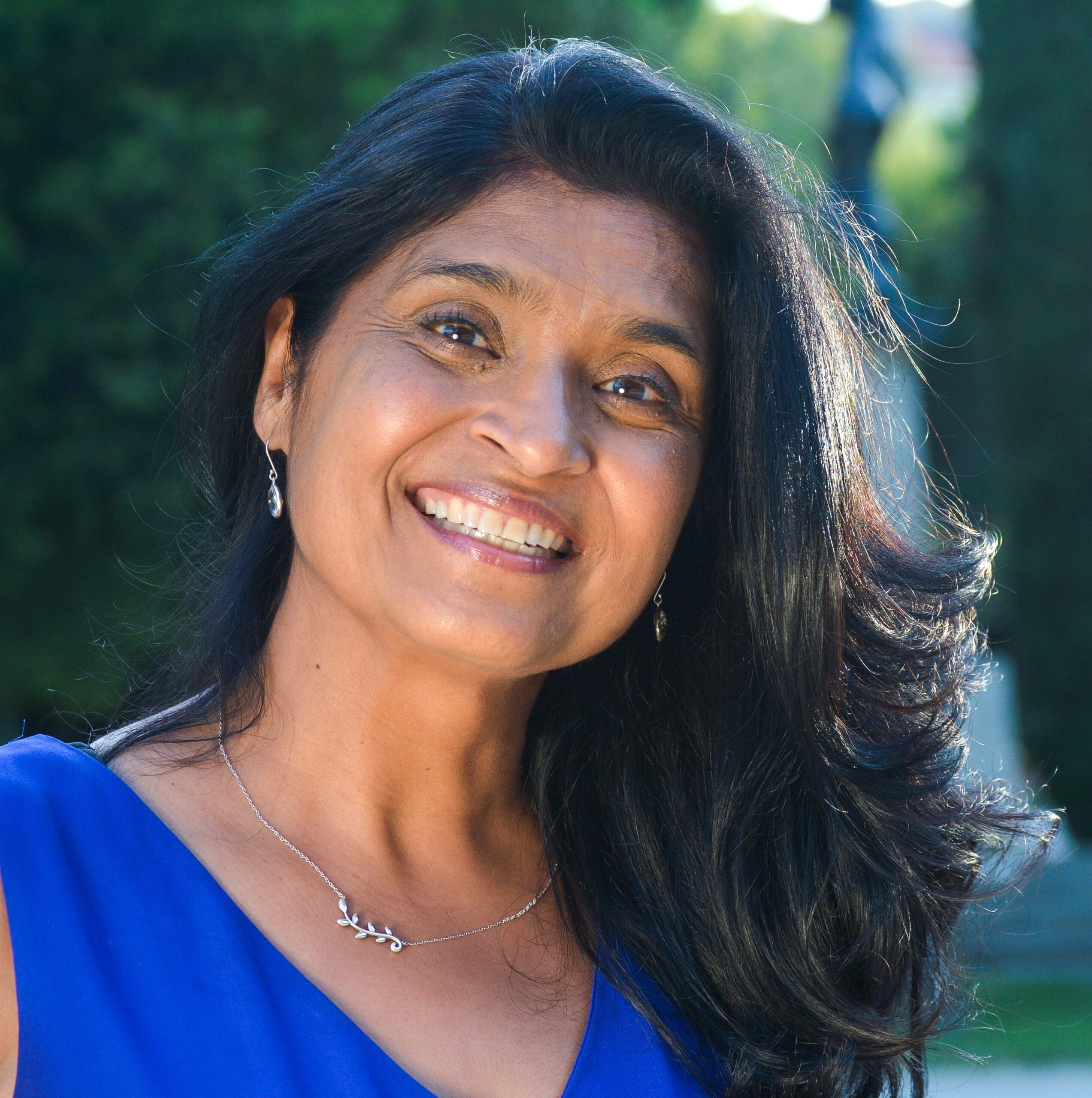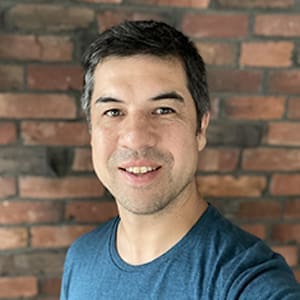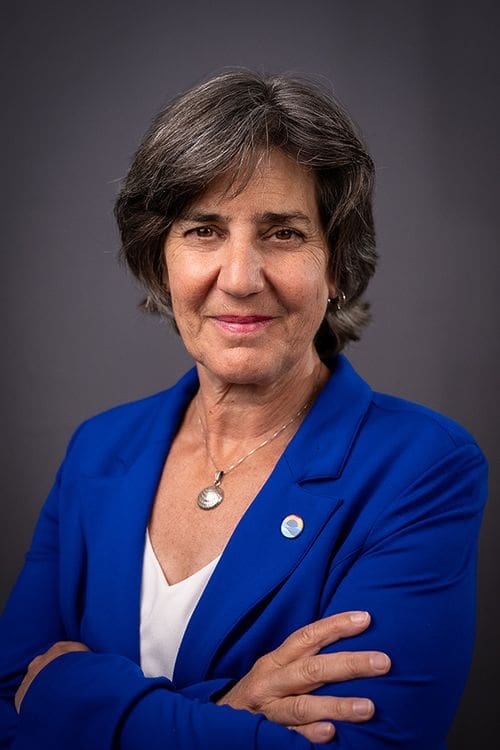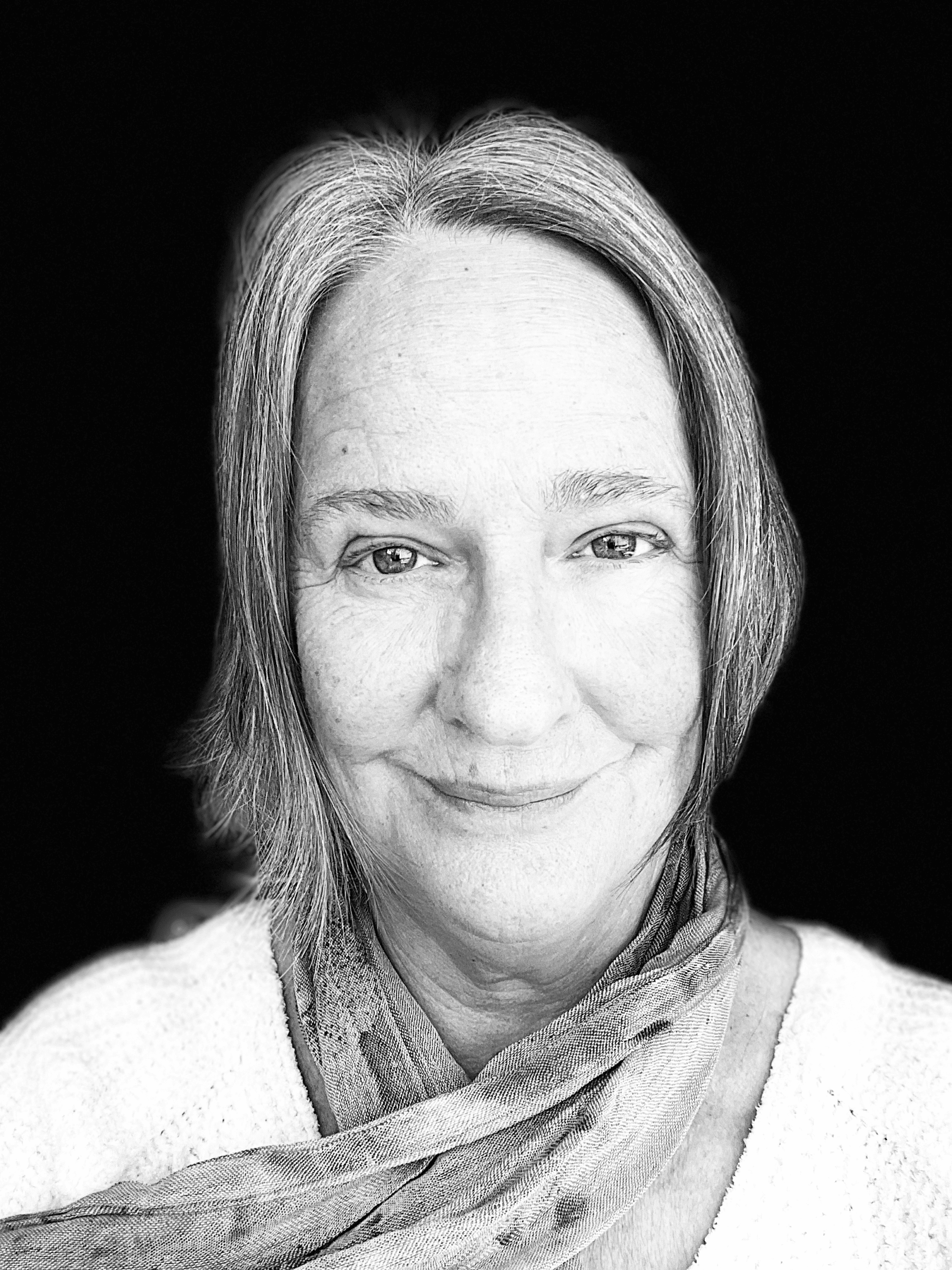Associate Professor of Chemical Oceanography and Marine Microbiology Mission Co-director, MIT Climate Project: Restoring the Atmosphere, Protecting the Land and Oceans.
Andrew Babbin joined the EAPS faculty in 2017. After earning a bachelor’s in Earth and environmental engineering, with a minor in applied mathematics, from Columbia University in 2008, Babbin went on to complete doctoral studies in geoscience at Princeton University in 2014. Prior to joining the EAPS faculty, Babbin came to MIT as an NSF Postdoctoral Research Fellow in the Department of Civil and Environmental Engineering from 2014-2016.
In 2024, Babbin was appointed as a mission co-director for the MIT Climate Project Mission: Restoring the Atmosphere, Protecting the Land and Oceans. The Climate Project is an Institute-wide effort to focus MIT’s strengths on six broad climate-related mission areas, with the goal to change the trajectory of global climate outcomes for the better over the next decade.
